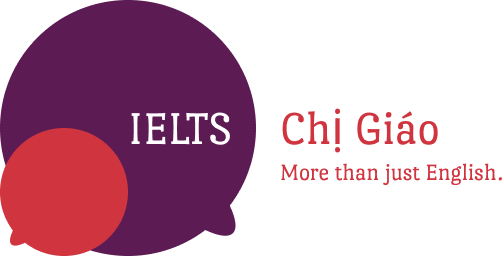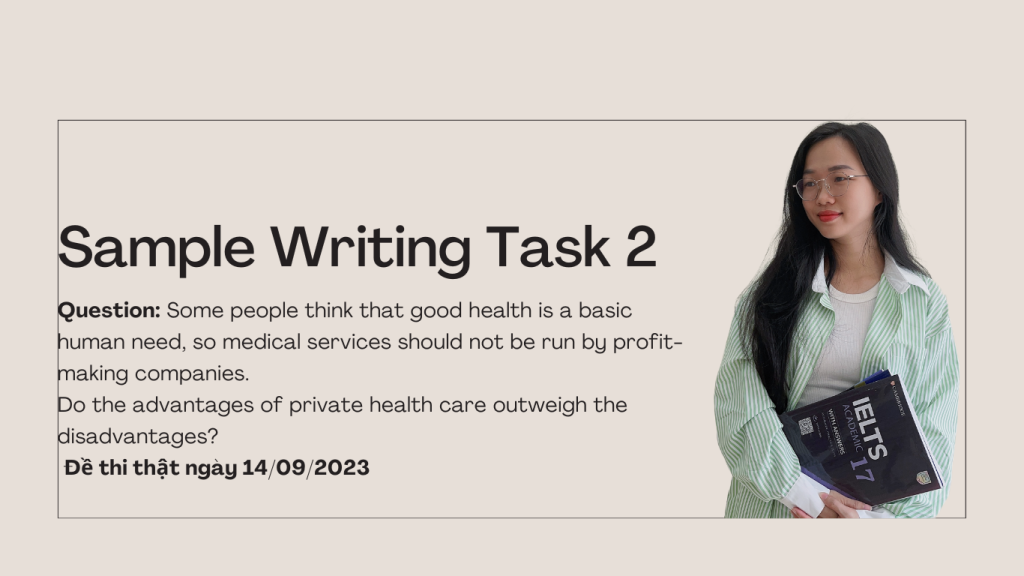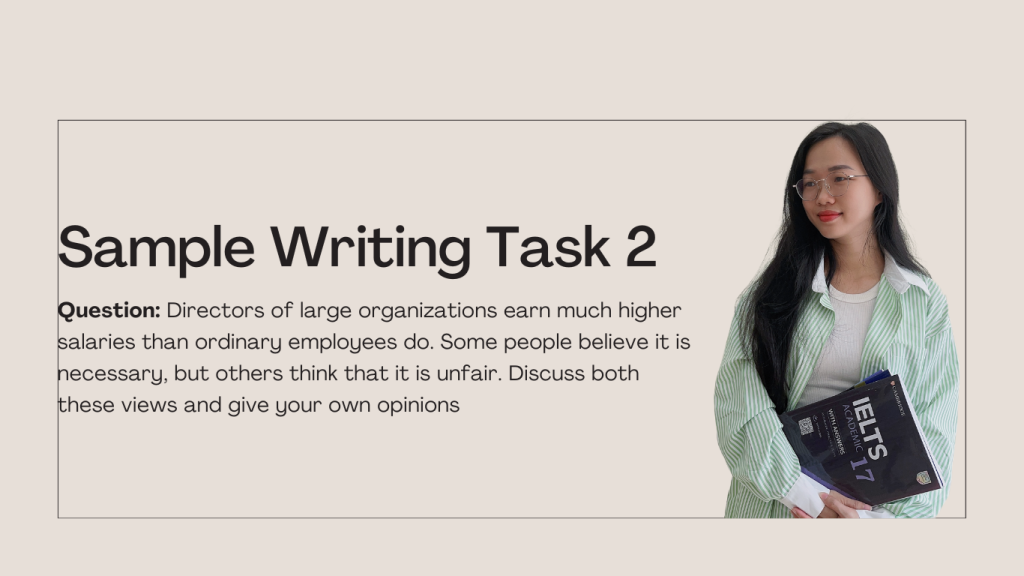Question: Some people think that good health is a basic human need, so medical services should not be run by profit-making companies.
Do the advantages of private health care outweigh the disadvantages?
Answer:
Health is undeniably a fundamental requirement for human beings, and there is an ongoing debate about whether medical services should be managed by profit-driven companies. While private healthcare brings certain advantages, such as efficiency and innovation, it also presents drawbacks in terms of accessibility and equity. In this essay, we will discuss both the advantages and disadvantages of private health care to determine whether its benefits outweigh the drawbacks.
One of the primary advantages of private health care is its potential for efficiency. Profit-making companies are driven by market forces, encouraging them to streamline operations, enhance service quality, and optimize resource allocation. This often leads to shorter waiting times, prompt diagnosis, and timely treatments. Moreover, private healthcare providers have the financial means to invest in cutting-edge technologies and medical advancements, resulting in better patient outcomes and improved healthcare delivery. Furthermore, private healthcare promotes innovation. The profit motive incentivizes research and development, leading to breakthroughs in medical treatments, medications, and procedures. The competition among private companies fosters a culture of continuous improvement and drives the pursuit of excellence in healthcare. Consequently, patients may have access to state-of-the-art treatments and personalized care that may not be readily available in public healthcare systems.
However, the disadvantages of private health care cannot be overlooked. The primary concern is the issue of accessibility and affordability. Private healthcare services often come with hefty price tags, making them unaffordable for large segments of the population, especially those with lower incomes or chronic health conditions. This creates a stark divide between those who can afford high-quality private healthcare and those who are left relying solely on public healthcare, which may be overburdened and offer limited resources. Moreover, the profit-driven nature of private health care can lead to a focus on maximizing revenues rather than prioritizing patient needs. This can result in unnecessary medical procedures, overprescription of medications, and a potential neglect of preventive healthcare measures. Additionally, the profit motive may lead private providers to cherry-pick patients, favoring those with lower healthcare risks and higher profit potential, further exacerbating inequalities in access to quality care.
In conclusion, private health care offers certain advantages in terms of efficiency and innovation. However, the drawbacks related to accessibility and equity cannot be ignored as its services may benefit only those who can afford it, leaving behind marginalized populations and perpetuating health disparities.
Written by Chi Nguyễn
Examiner’s comments:
Task Response: 8
The essay addresses the prompt and provides a clear discussion of both the advantages and disadvantages of private health care.
Coherence and Cohesion: 8
The essay is well-organized and follows a logical structure. The ideas are presented coherently, and there is effective use of cohesive devices to connect the sentences and paragraphs.
Lexical Resource: 8
There is a good range of vocabulary used throughout the essay, demonstrating the writer’s ability to express ideas accurately and appropriately. Some advanced vocabulary is used to convey meaning effectively.
Grammatical Range and Accuracy: 8
The essay demonstrates a good command of grammar, with a variety of sentence structures used accurately. There are minimal errors, and the essay showcases the writer’s ability to use complex grammatical structures.
Overall 8.0
Từ vựng tham khảo:
- Undeniably – (adverb) without question or doubt; indisputably.
- Ongoing – (adjective) continuing; in progress.
- Managed – (verb) organized or controlled
- Profit-driven – (adjective) motivated by the desire to make money.
- Efficiency – (noun) the ability to accomplish a task with the least amount of time, effort, or resources.
- Innovation – (noun) the introduction of new ideas, methods, or technologies.
- Drawbacks – (noun) disadvantages or negative aspects.
- Accessibility – (noun) the ease with which something can be reached, used, or obtained.
- Equity – (noun) fairness or impartiality.
- Streamline – (verb) to make a process or system more efficient and effective.
- Service quality – (noun phrase) the level of excellence or satisfaction provided by a service.
- Resource allocation – (noun phrase) the distribution or assignment of resources to different areas or purposes.
- Prompt – (adjective) quick or immediate.
- Cutting-edge – (adjective) at the forefront of technological or scientific development.
- Outcomes – (noun) the results or consequences of a particular action or event.
- Healthcare delivery – (noun phrase) the provision of medical services to individuals or communities.
- Incentivize – (verb) to provide motivation or encouragement.
- Breakthroughs – (noun) significant discoveries or achievements that lead to a notable advance.
- Medications – (noun) substances used to treat, cure, or prevent diseases or medical conditions.
- Procedures – (noun) a series of actions or steps taken to achieve a particular result.
- Continuous improvement – (noun phrase) the ongoing effort to enhance processes, products, or services.
- Pursuit of excellence – (noun phrase) the commitment to achieving the highest standards or quality.
- Affordability – (noun) the ability to be purchased or paid for without causing financial difficulties.
- Hefty – (adjective) large, significant, or substantial.
- Overburdened – (adjective) overloaded or overwhelmed with too much work, responsibility, or demand.
- Divide – (noun) a separation or distinction between different groups or categories.
- Maximizing revenues – (verb phrase) increasing income or profit to the greatest extent possible.
- Overprescription – (noun) the excessive or unnecessary prescribing of medications.
- Neglect – (verb) to fail to give proper attention, care, or consideration to something or someone.
- Preventive healthcare measures – (noun phrase) actions taken to prevent the occurrence or worsening of diseases.
- Exacerbating – (verb) making a problem, situation, or condition worse.
- Marginalized populations – (noun phrase) groups of people who are disadvantaged or excluded from mainstream society.
- Perpetuating – (verb) causing something to continue or persist.
- Fair and balanced – (idiom) just and unbiased.
- Financial means – (noun phrase) the financial resources or capabilities to afford something
Chúc các bạn học tốt!







